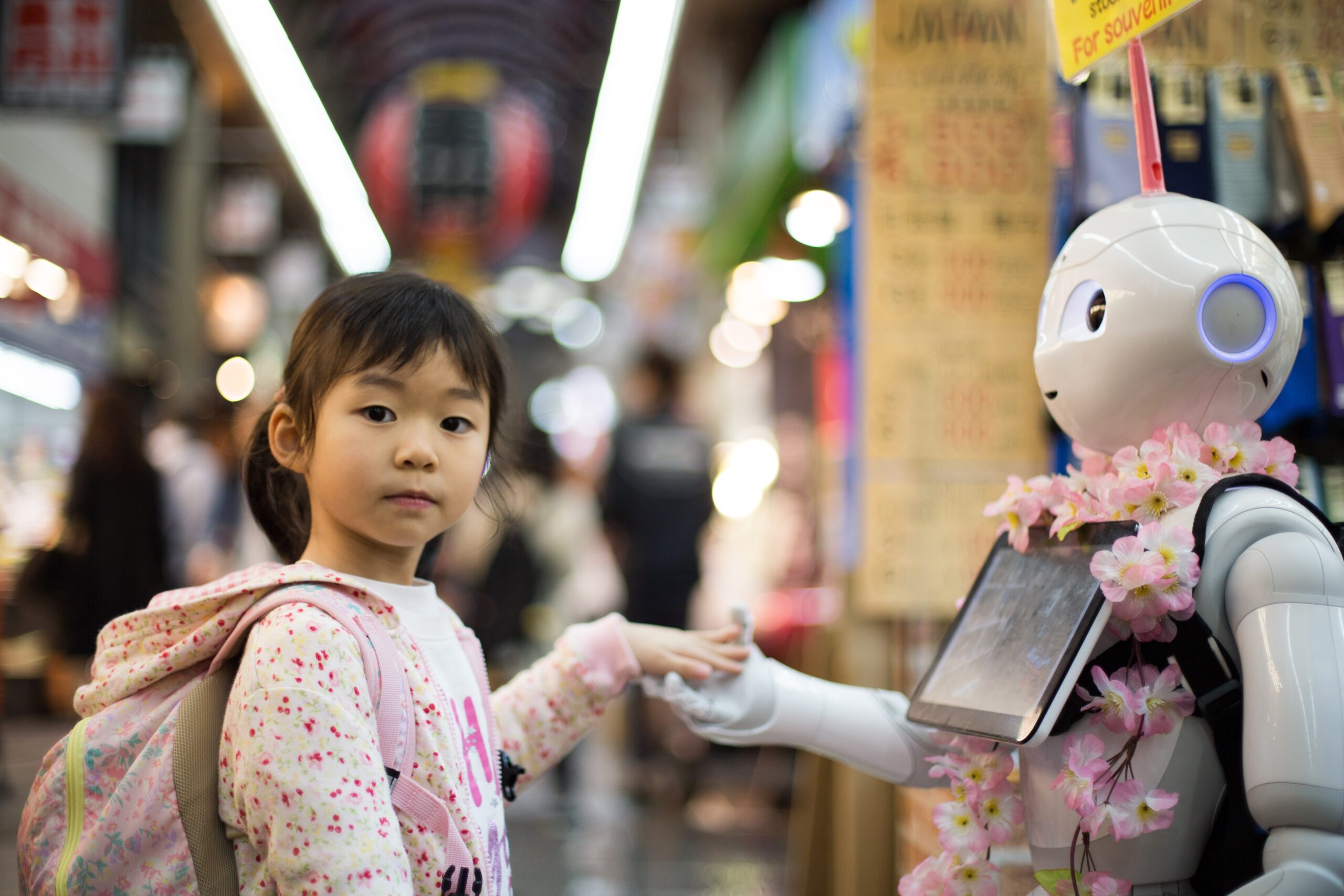While many might imagine AI’s role in end-of-life scenarios to be the stuff of sci-fi, reality paints a different, more heartfelt picture. More individuals are now turning to AI chatbots for support in saying their final goodbyes and expressing their grief.
Imagine tools like ChatGPT as digital confidants. They’re sparking important discussions about their potential role in helping us heal. Today, such AI tools can offer round-the-clock support for those grappling with loss.
Always There, Always Listening
The journey of grief can be lonely. Sometimes, sharing our deepest sorrows with others feels daunting, fearing their judgment or unintentionally weighing them down. That’s where AI can help. With tools like ChatGPT, one can pour out their heart without inhibition, anytime, anywhere. This tool acts as a tireless listener, always ready to lend a digital ear.
Interestingly, some medical professionals are even leveraging such AI to enhance their patient communication skills, making their interactions more compassionate.
Personalized Healing with AI
ChatGPT and other AI tools adapt to individual users. By understanding the patterns in your conversations, they can suggest coping strategies tailored for you, acting almost like a digital therapist. However, while AI has come a long way, it’s essential to remember that it doesn’t truly ‘feel’. There are moments in grief when only the touch, voice, or presence of another human can offer the comfort we need.
Navigating the Challenges
But it’s not all straightforward. Using AI chatbots for grief support has its challenges. For one, these tools learn by analyzing our conversations, raising concerns about privacy. It’s crucial that those behind such technologies prioritize the security and confidentiality of the shared data.
Another concern is over-reliance. In places like China, AI chatbots, sometimes referred to as ‘griefbots’, are being designed to replicate the personas of the deceased, leading some to question whether we risk replacing human connections. Ideally, AI should complement traditional support, not replace it.
Blending Tech and Touch
As we delve deeper into the world of AI for grief and end-of-life support, it’s crucial to maintain balance. We should use these tools to amplify the care and connection we receive from human interactions. Merging AI’s efficiency with the irreplaceable comfort of human touch can lead to a richer, more comforting environment for those navigating the complex seas of grief.
